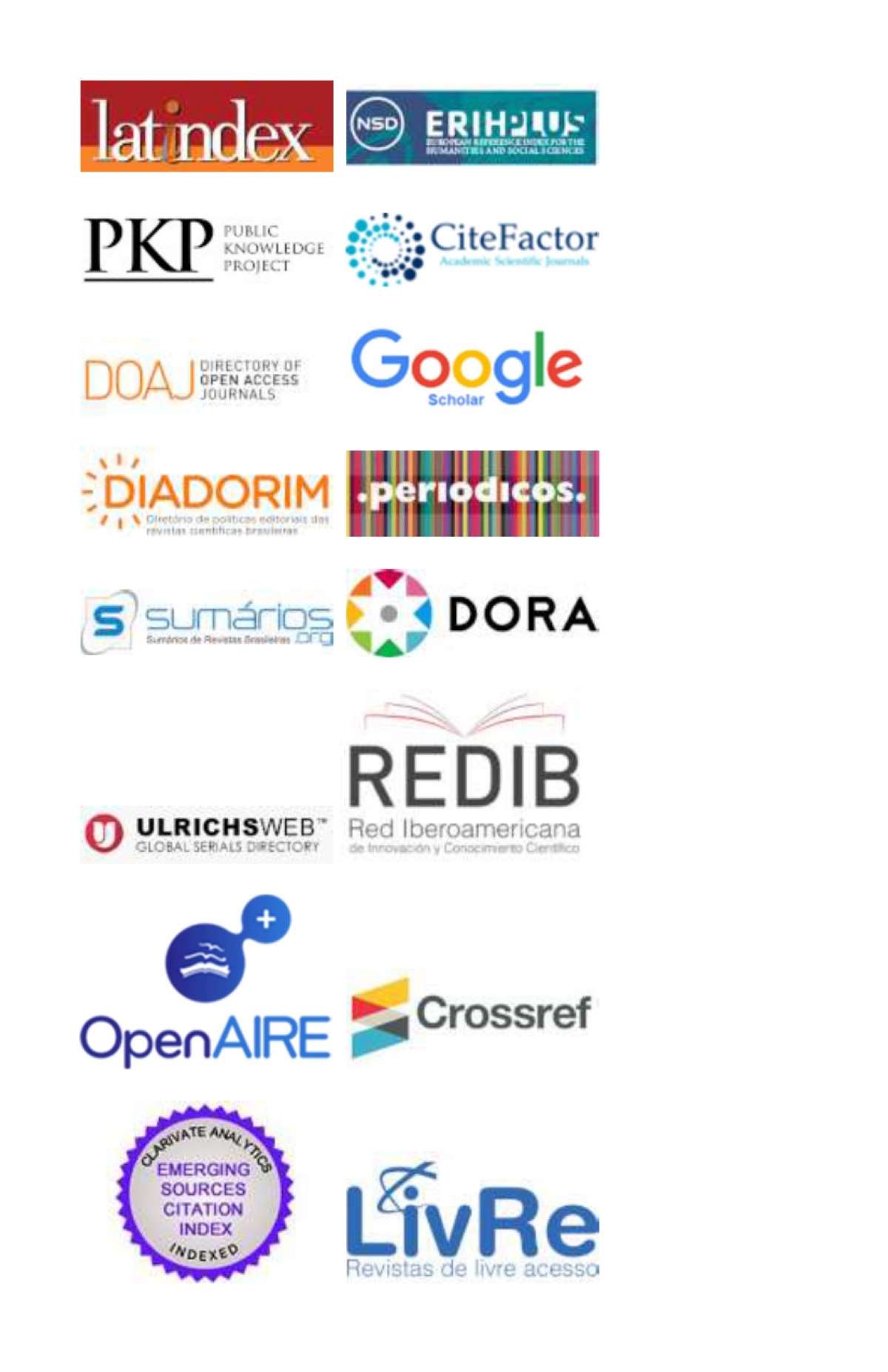REDESIGN THE BRAZILIAN SUPREME COURT?
DOI:
https://doi.org/10.21783/rei.v6i1.457Keywords:
Supremo Tribunal Federal, Reforma judicial, Projeto de Emenda Constitucional, Autonomia ex post e ex ante, AutoridadeAbstract
Brazil’s Supreme Court (STF) has increasingly assumed a central role in defining and ordering Brazilian political agenda. Its protagonism can be measured by the degree of authority and autonomy of the Court, and by the initiatives aimed at controlling its performance. With the goal of presenting and discussing the STF reform projects going through the National Congress, we depart from the analytical proposal developed by Brinks and Blass (2017) on the authority and autonomy of constitutional justice systems and summarize the national literature on the theme. In the end, we confront the reform projects with this literature. The main result is that while the literature is more focused on criticizing issues related to the excess of ex post autonomy and authority, the reform projects being carried out in the National Congress, for dealing with changes in the constitutional text, focus mainly on ex ante autonomy of the court.Downloads
References
ACKERMAN, Bruce. 2018. Trust in the justices of the Supreme Court is waning. Here are three ways to fortify the court. Los Angeles Times, 20.dez.2018. Disponível em: https://www.latimes.com/opinion/op-ed/la-oe-ackerman-supreme-court-reconstruction-20181220-story.html. Acesso em 12 jul. 2019.
ALMEIDA, Eloísa Machado. STF tem nas mãos poder de revisar e frustrar agenda de Bolsonaro. Folha de S. Paulo, 30 maio 2019. Disponível em: https://www1.folha.uol.com.br/poder/2019/05/stf-tem-nas-maos-poder-de-revisar-e-frustrar-agenda-do-governo-bolsonaro.shtml. Acesso em 12 jul. 2019.
ARGUELHES, Diego Werneck; RIBEIRO, Leandro Molhano. Ministrocracia: O Supremo Tribunal individual e o processo democrático brasileiro. Novos estudos CEBRAP, n. 37, 2018. DOI: http://dx.doi.org/10.25091/s01013300201800010003.
BOGHOSSIAN, Bruno. Escalada de impopularidade pressiona o STF em momento delicado Pesquisa mostra que 38% dos brasileiros acham que presidente pode fechar a corte. Folha de S. Paulo, 21 jun. 2019.
BRASIL. CONSELHO NACIONAL DE JUSTIÇA. Relatório Supremo em Ação. 2018. Disponível em: <http://www.cnj.jus.br/files/conteudo/arquivo/2018/08/fd55c3e8cece47d9945bf147a7a6e985.pdf>. Acesso em: 23 maio 2019.
BRASIL. Supremo Tribunal Federal. ENTREVISTA: Marco Aurélio de Farias Mello. Disponível em: <http://www.stf.jus.br/portal/cms/verNoticiaDetalhe.asp?idConteudo=100134&sigServico=noticiaEntrevista&caixaBusca=N>. Acesso em: 24 jun. 2019.
BRINKS, Daniel M.; BLASS, Abby. Rethinking judicial empowerment: The new foundations of constitutional justice. International Journal of Constitutional Law, v. 15, n. 2, 2017. DOI https://doi.org/10.1093/icon/mox048.
CARVALHO, Daniel. Senador protocola CPI para investigar ministros do Supremo. Folha de S. Paulo, 24 jun. 2019.
FALCÃO, Joaquim; HARTMANN, Ivar Alberto; CHAVES, Vitor P. III Relatório Supremo em Números: o Supremo e o tempo. Rio de Janeiro: FGV Direito Rio, 2014. Disponível em: <http://bibliotecadigital.fgv.br/dspace/handle/10438/12055>. Acesso em 23.mai.2019.
FEREJOHN, John; PASQUINO, Pasquale. Constitutional Courts as Deliberative Institutions: Towards an Institutional Theory of Constitutional Justice. In: SADURSKI, Wojciech (ed.). Constitutional Justice, East and West. The Hague: Kluwer Law International, 2012.
MARTINS, Rodrigo. Pontos de divergência: Supremo Tribunal Federal e comportamento judicial. 2018. Tese (Doutorado em Ciência Política). São Paulo: USP, 2018.
MAZUI, G.; CASTILHOS, R.; ORTIZ, D. Bolsonaro diz que decisão do STF sobre homofobia foi ‘completamente equivocada’. G1, 14 jun. 2019.
MENDES, Conrado Hubner. O projeto de uma corte deliberativa. In: VOJVODIC, Adriana et al. (Org.). Jurisdição Constitucional no Brasil. São Paulo, 2012.
MENDES, Conrado Hubner. 2018. Uma proposta com dez medidas elementares de ética para o STF. Jornal Folha de São Paulo, fev. 2019. Disponível em: <https://www1.folha.uol.com.br/ilustrissima/2019/02/uma-proposta-com-dez-medidas-elementares-de-etica-para-o-stf.shtml>. Acesso em 23 maio 2019.
MONTEIRO, Tania. Bolsonaro divulga texto que cita País ‘ingovernável’. Estado de S. Paulo, 24 jun. 2019.
OLIVEIRA, Fabiana Luci de. Processo decisório no Supremo Tribunal Federal: coalizões e "panelinhas". Rev. Sociol. Polit., v. 20, n. 44, 2012, p.139-153. DOI: http://dx.doi.org/10.1590/S0104-44782012000400011.
OLIVEIRA, Fabiana Luci de. Quando a corte se divide: coalizões majoritárias mínimas no Supremo Tribunal Federal. Revista Direito e Práxis, v. 8, n. 3, 2017, p. 1863-1908. DOI: https://doi.org/10.12957/dep.2017.23724.
PEREIRA, Thomaz; ARGUELHES, Diego Werneck. O Supremos Tribunal Federal: Composição, Indicação e Mandato. In: CERDEIRA, Pablo; VASCONCELLOS, Fábio; SGANZERLA, Rogerio (Org.). Três décadas de reforma constitucional: onde e como o Congresso Nacional procurou modificar a Constituição de 1988. Rio de Janeiro: Escola de Direito do Rio de Janeiro da Fundação Getúlio Vargas, 2018. Disponível em: <http://bibliotecadigital.fgv.br/dspace/handle/10438/27163>. Acesso em 15 jul. 2019.
SANTOS, André Marenco dos; DA ROS, Luciano. 2008. Caminhos que levam à Corte: carreiras e padrões de recrutamento dos ministros dos órgãos de cúpula do Poder Judiciário brasileiro (1829-2006). Rev. Sociol. Polit, v. 16 , n. 30, 2008, p.131-149. DOI: http://dx.doi.org/10.1590/S0104-44782008000100009.
SILVA, Virgílio Afonso da. 2013. Deciding without deliberating. International Journal of Constitutional Law, v. 11, n. 3, 2013, p. 557–584. DOI: https://doi.org/10.1093/icon/mot019.
VIEIRA, Oscar Vilhena. 2008. “Supremocracia”. Rev. direito GV, v. 4, n. 2, 2008, p. 441-463. DOI: http://dx.doi.org/10.1590/S1808-24322008000200005.
VIEIRA, Oscar Vilhena. A batalha dos poderes: Da transição democrática ao mal-estar constitucional. São Paulo: Companhia das Letras, 2018.
Downloads
Published
How to Cite
Issue
Section
License
The authors hold their copyright and concede to the JOURNAL OF INSTITUTIONAL STUDIES the right to the first publication, in accordance with the Creative Commons Attribution license.
Authors are strongly encouraged to publish their manuscripts in other medias, such as institutional repositories and personal pages. The Journal only requires the credits of the first publication.






